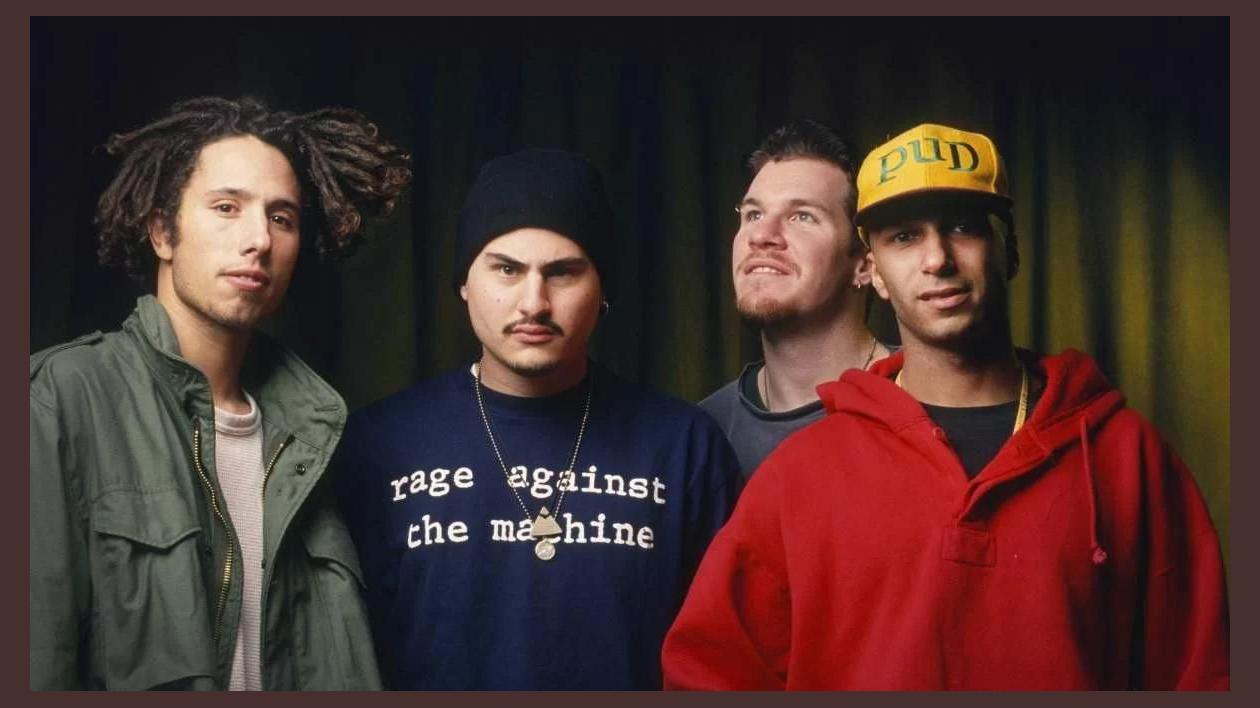 Rage Against The Machine
Rage Against The Machine
Rage Against the Machine: A Revolutionary Roar
Emerging from the depths of Los Angeles in the early 1990s, Rage Against the Machine exploded onto the music scene with their incendiary blend of rap, metal, and political activism. Led by the enigmatic vocalist Zack de la Rocha, the band quickly gained notoriety for their confrontational lyrics and blistering live performances.
Challenges and Controversies
Rage Against the Machine faced significant challenges throughout their career. Their outspoken lyrics, which criticized government corruption, police brutality, and economic inequality, drew the ire of conservatives and law enforcement alike. In 1999, the band was banned from performing at a Republican National Convention after their song "Killing in the Name" was deemed too offensive.
Despite the controversies, Rage Against the Machine remained steadfast in their beliefs. They refused to compromise their message, even at the cost of commercial success. Their uncompromising stance earned them a devoted following among those who shared their frustrations with the status quo.
Discography
Rage Against the Machine released four studio albums during their initial run:
* Rage Against the Machine (1992)
* Evil Empire (1996)
* The Battle of Los Angeles (1999)
* Renegades (2000)
Each album was a critical and commercial success, showcasing the band's unique fusion of musical aggression and revolutionary zeal. Their songs, such as "Killing in the Name," "Bulls on Parade," and "Testify," became anthems for a generation of activists.
Members
The original lineup of Rage Against the Machine consisted of:
* Zack de la Rocha - Vocals
* Tom Morello - Guitar
* Brad Wilk - Drums
* Tim Commerford - Bass
Following de la Rocha's departure in 2000, the band briefly replaced him with Chris Cornell of Soundgarden for a tour. However, they officially disbanded in 2002 due to creative differences.
Legacy
Rage Against the Machine's legacy continues to resonate today. Their music remains a powerful and timeless expression of resistance against oppression and injustice. The band's influence can be seen in countless artists and activists who have embraced their message of defiance and social change.
Emerging from the depths of Los Angeles in the early 1990s, Rage Against the Machine exploded onto the music scene with their incendiary blend of rap, metal, and political activism. Led by the enigmatic vocalist Zack de la Rocha, the band quickly gained notoriety for their confrontational lyrics and blistering live performances.
Challenges and Controversies
Rage Against the Machine faced significant challenges throughout their career. Their outspoken lyrics, which criticized government corruption, police brutality, and economic inequality, drew the ire of conservatives and law enforcement alike. In 1999, the band was banned from performing at a Republican National Convention after their song "Killing in the Name" was deemed too offensive.
Despite the controversies, Rage Against the Machine remained steadfast in their beliefs. They refused to compromise their message, even at the cost of commercial success. Their uncompromising stance earned them a devoted following among those who shared their frustrations with the status quo.
Discography
Rage Against the Machine released four studio albums during their initial run:
* Rage Against the Machine (1992)
* Evil Empire (1996)
* The Battle of Los Angeles (1999)
* Renegades (2000)
Each album was a critical and commercial success, showcasing the band's unique fusion of musical aggression and revolutionary zeal. Their songs, such as "Killing in the Name," "Bulls on Parade," and "Testify," became anthems for a generation of activists.
Members
The original lineup of Rage Against the Machine consisted of:
* Zack de la Rocha - Vocals
* Tom Morello - Guitar
* Brad Wilk - Drums
* Tim Commerford - Bass
Following de la Rocha's departure in 2000, the band briefly replaced him with Chris Cornell of Soundgarden for a tour. However, they officially disbanded in 2002 due to creative differences.
Legacy
Rage Against the Machine's legacy continues to resonate today. Their music remains a powerful and timeless expression of resistance against oppression and injustice. The band's influence can be seen in countless artists and activists who have embraced their message of defiance and social change.